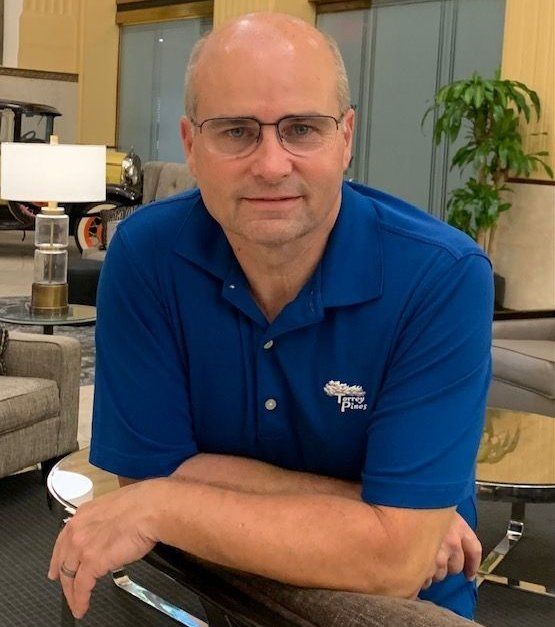Learn more about my book "The Courageous Ask"
Leaders Must Demand Increased Accountability
Those words don’t seem to go together, do they?
They are not comfortable. They make leaders -the strong and the weak- squirm.
No one likes someone looking over their shoulder, no one enjoys being asked tough questions, no one likes their decisions picked apart, no one likes their justifications challenged….especially leaders.
But the wise leader knows who they naturally are. They know where human nature can take them. They know they will always want more, that they can hide and justify most anything, that they are their number one fan, and that sometimes they need saved from themselves.
A wise leader also knows these things can bring them and/or their organization down.
Also, a wise nonprofit leader knows that nearly all leadership falls happen with a personal issue at their core. They’ve seen it happen time and time again. A wise leader doesn’t accept most boards drawing a line, and sometimes even building a wall, between the professional and personal lives of their leader. They realize that a solid personal life is a huge part of the foundation that makes them a strong organizational leader.
I’m fairly certain that most leaders know these things. But what do they do with that knowledge?
(This blog focuses on starting a conversation centered on preventing the fall of nonprofit leaders. I write it from a Christian perspective, but all leaders will benefit. Be sure to sign up to receive these articles via email every Tuesday at
briankreeger.com as well as taking a look at previous blog articles. In addition to receiving these articles two days before they hit social media, you will receive the article "5 Early Indicators of a Christian Nonprofit Leadership Fall" along with the Contents, Introduction and the Appendix (My story) of my book,
The Courageous Ask: A Proactive Approach to Prevent the Fall of Christian Nonprofit Leaders.)
Not long ago, I was the lead candidate to become the area director of a leading national Christian nonprofit. While I was already part of the organization at the grassroots level and knew many members, there were multiple interviews. As part of their wisdom, I needed several sign-offs in order to be accepted into the position.
Near the end of an interview with the search committee, I was asked if I had any questions. I did not ask any questions, but I did lay out one requirement of them and the local board if I were to move into the position.
That requirement was that I have a high level of accountability around me. And not just professional, but also personal accountability from the board. I described a couple of examples of how this could be done, and recommended that we should talk it through.
They looked at me as if I had two heads. I assume they had never heard of such a thing.
You see, I had fallen from my post of founder/executive of a free clinic God used me to establish several years prior. Based on that and the experiences that surrounded the fall, I wrote a book about creating a proactive approach to prevent the fall of Christian nonprofit leaders. A personal issue was at the core of my fall.
Considering this past that included a long period of reconciliation and restoration, they were still willing to consider me a strong lead candidate.
So, considering that background, I was equally surprised that they were surprised concerning this requirement from me.
But we talked about it, and they gained a proper understanding and perspective of my request. By the way, I ended up bowing out of consideration for the position.
When I was leading the organization I eventually fell from, I went through a period when all the wisdom I described above was not present in me. I lived in a somewhat deluded state, a time when I allowed my own human nature to take over (make no mistake, all the blame falls on me). But, during that period of time, it would have been helpful if the wisdom of the people around me would have carried that wisdom for me and helped me get back in line.
Perhaps it was because I did not demand increased accountability? Maybe I was not humble, vulnerable, and accepting of guidance?
(There is no blame here. You can find further details and context in my book, The Courageous Ask: A Proactive Approach to Prevent the Fall of Christian Nonprofit Leaders)
I truly needed that increased personal and professional accountability. This is a lesson I learned through much pain in my life and the pain I caused in the lives of those around me.
Leader, you need that increased accountability, and cannot allow yourself to be in a position where you do not have it. I know it, and you know it.
I know that because I also know you are perfectly aware of where your own human nature can take you. You may hide it well, and the façade may be strong to those around you, but in your heart-of-hearts you know.
Requesting a higher level of personal and professional accountability requires a tremendous amount of humility. It will remove you from your comfort zone. It will be difficult, and may ding your ego a bit.
You will find every reason in the world not to request increased accountability. Some of those reasons may even be good ones that you are certain of: loss of confidence in you and the organization, loss of respect, etc.
I would predict that you will find the opposite to happen: increased confidence, increased respect, etc. Humility attracts people. Humility and vulnerability increase the confidence people have in you. While we (especially men) are taught from a young age to put up the strong façade no matter how we are feeling, to acknowledge your own vulnerabilities actually increases the respect you gain from others.
Strong leaders, especially strong Christian nonprofit leaders, possess the humility needed to do this.
So if you are struggling to find the accountability, you need to keep yourself on the straight and narrow, you may need to demand it from your board and those around you.
They may look at you funny, and be perplexed to a certain level. They may even challenge you right back. But you know you need it.
When this request is made, the board most times will be uncomfortable.
It’s so easy for a board to analyze data points and financial goals. Most of these are simply black and white, success or failure. Holding a leader accountable to a set of parameters is so much easier than getting down in the muck of their personal life.
But most of the time the muck is where leadership falls find their origin. And the issues ultimately end up in the board's lap. This is where it gets sticky and uncomfortable for board members.
And this is what you are asking of them. To get sticky and get down in the muck. That’s not always easy to accept. For some, it will go beyond what they perceive to be their board responsibility.
And that’s okay. But that does not relieve you of your responsibility to seek the increased accountability.
Without proper accountability, leaders are risking themselves and their ministries. Leaders need to make sure it is in place.
I know it. You know it.
Be Courageous!
Be Proactive!
Be sure to sign up to receive these articles via email every Tuesday at
briankreeger.com. In addition to receiving these articles two days before they hit social media, you will receive the article "5 Early Indicators of a Christian Nonprofit Leadership Fall" along with the Contents, Introduction and the Appendix (My Story) of my book,
The Courageous Ask: A Proactive Approach to Prevent the Fall of Christian Nonprofit Leaders.
#LeadershipFall #LeadershipSurvival #NonprofitRelationships #ProactiveApproach #LeadershipStruggles #LeadershipBattles #ChristianExecutiveLeader #ChristianLeader #CourageousAsk #Proactive #ProactiveLeadership #NonprofitLeadership #ExecutiveLeadership #ChristianLeadershipFall #LeadershipAccountability #DemandAccountability






